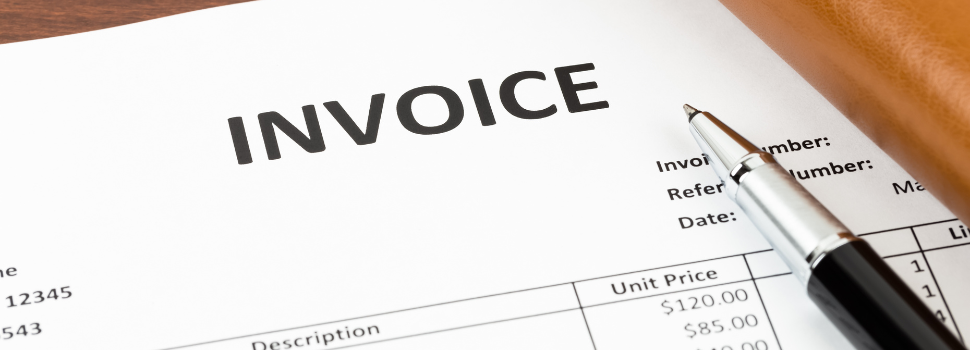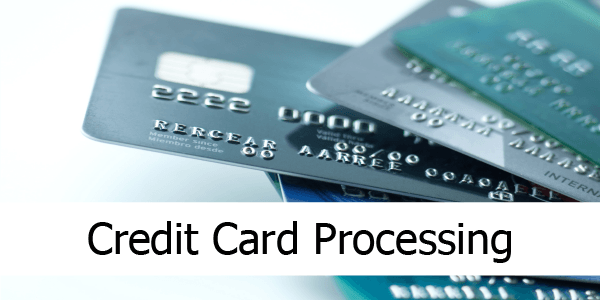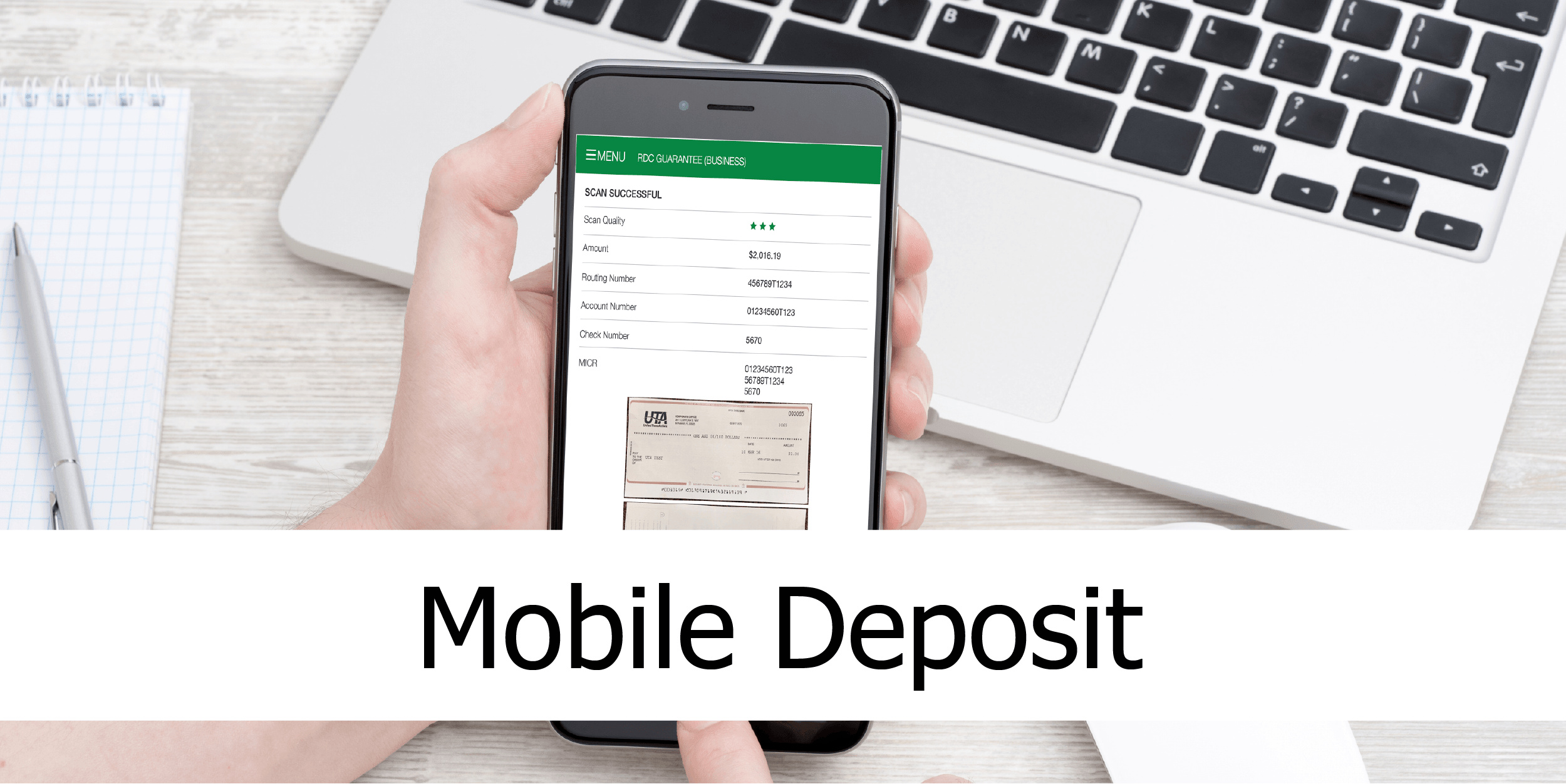Shifting to Digital Payments: A Vital Step for Businesses
July 18, 2023

In today's rapidly evolving business landscape, digital payments have emerged as a game-changer, no longer limited to large enterprises with significant financial resources. With integration and automation technology advancements, businesses of all sizes and across industries have embraced digital transformation to streamline their Sales, A/R, and A/P operations. As a result, the days of paper-based and manual payment processes are drawing to a close. This article explores why businesses should move away from physical checks and transition to digital payments.
The Inefficiency of Physical Checks
Processing physical checks entails various business challenges, including time-consuming procedures, high costs, and an increased risk of errors or fraud. In contrast, digital payments offer faster and more efficient transactions with lower fees, enhanced security measures, and simplified record-keeping. As technology advances, businesses that cling to traditional checks jeopardize their competitive edge and miss out on the benefits of modern payment systems.
The Impact of COVID-19
The COVID-19 pandemic acted as a catalyst for change, compelling businesses to reassess their payment processes. Concerns about infection transmission through paper checks prompted companies and customers alike to embrace digital payments as the new normal. As the transition away from physical checks gained momentum, businesses discovered numerous advantages that have permanently transformed the landscape of business-to-business payments.
Let's explore four key ways digital payments can have a positive impact
1. Greater Security
While some small businesses still rely on paper checks to pay their suppliers and vendors, check fraud has experienced a surge in recent times. Paper checks are particularly vulnerable to fraud due to their sensitive information, and fraudsters have become increasingly sophisticated in intercepting company checks through mail theft. Moreover, the prevalence of ACH fraud during and after the pandemic has prompted financial institutions to discourage the broad usage of ACH payments without appropriate technology or fraud mitigation services. To counter these risks, businesses seek payment providers that offer enhanced security measures and risk management tools to counter these risks, enabling them to avoid the headaches caused by incessant fraud attempts.
2. Time Savings
Companies have turned to solutions such as single-use virtual cards and comprehensive accounting and reconciliation automation to streamline payment processes. This approach ensures invoices are paid promptly and accurately, similar to the automation of payroll processes. Moreover, digital payments enable accounting teams to effortlessly track each transaction digitally, eliminating the need for laborious paper trails. Automating and digitizing payments frees up time for accounting, finance, accounts payable and receivable employees to focus on more valuable tasks that contribute to business growth.
3. Cost Efficiency
Businesses often cite the cost of infrastructure updates as a barrier to transitioning to digital payments. However, the potential cost savings far outweigh the initial investment. According to Juniper Research, the average business has 24% of its monthly revenue in accounts receivable. Businesses can accelerate payment settlements by leveraging affordable and readily available B2B payment technology, providing greater growth opportunities. The cost efficiency of digital payments ensures faster revenue realization, leaving businesses better positioned for success.
4. Faster Payments
Among the many benefits of digital payments, speed stands out prominently. With digital transactions, businesses can pay their vendors and receive customer funds within seconds. In contrast, the traditional process of writing and processing physical checks is prone to human errors, resulting in time-consuming reissues and voided checks. Furthermore, the processing time for inbound checks slows settlement and revenue realization. Embracing digital payments eliminates these bottlenecks, allowing businesses to access funds quickly and focus on expanding their operations.
The Future of Digital Payments
The dominance of digital payments in the B2B sector is undeniable. As businesses continue to prioritize digital transformation, digital payments offer advantages such as faster and more secure transactions, lower fees, and simplified record-keeping. Meanwhile, physical checks represent a liability due to their time-consuming processing, high costs, and susceptibility to errors and fraud. As fraudsters evolve their methods, the case for digital payments becomes even more compelling. The question is not whether businesses should adopt digital payments but when it will become the industry standard. In a rapidly digitizing world, businesses must adapt to stay competitive. Digital payments provide many benefits, including enhanced security, time savings, cost efficiency, and faster transaction processing. The COVID-19 pandemic further underscored the importance of digital payments, with businesses recognizing the advantages of moving away from physical checks. As the future unfolds, digital payments will undoubtedly become the norm. Businesses that embrace this shift early on will position themselves for long-term success in an increasingly digital marketplace.
Curious to learn more about what Digital Payments have to offer? Take advantage of the opportunity to gain insights from industry experts by registering for our Nextgen Webinar
To register:

Source: Darin Horrocks, “Physical Checks Aren’t Cutting it—Why Businesses Need to Move to Digital Payments", June 23, 2023, accessed July, 2023









